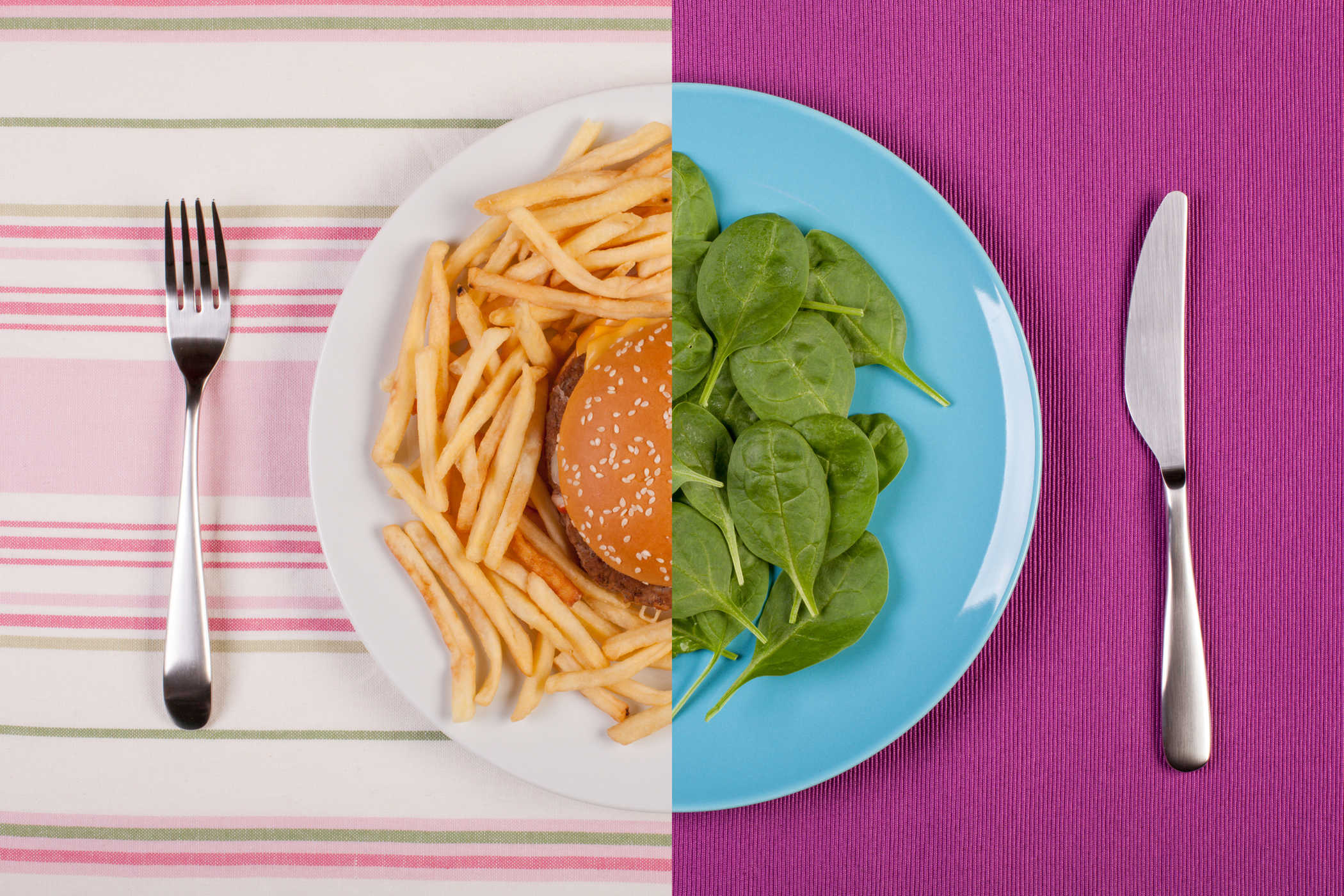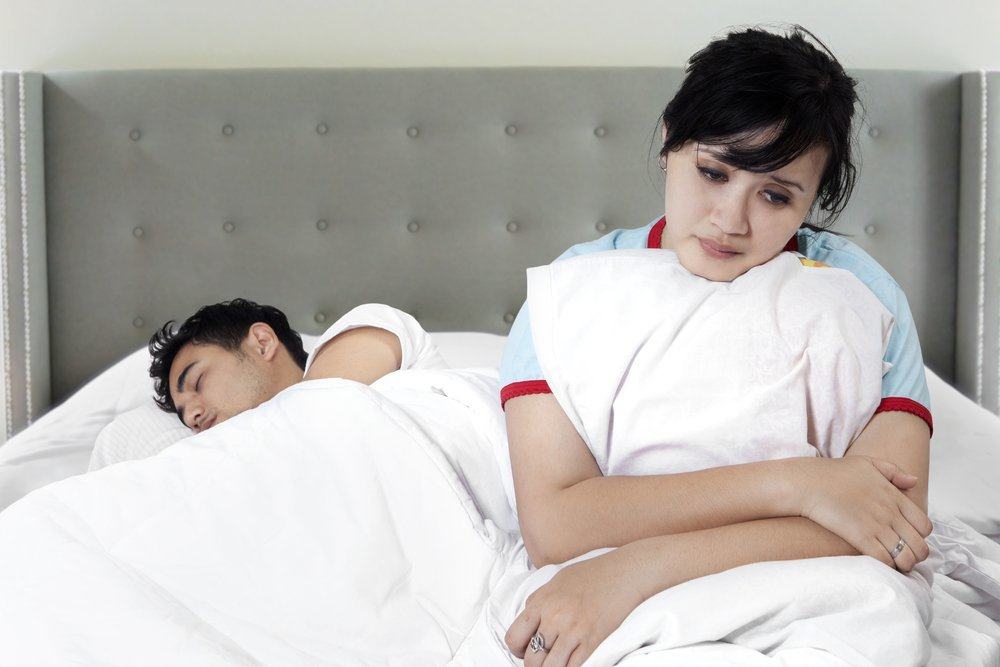Contents:
Medical Video: Jordan Peterson on taking responsibility for your life
Every year, no fewer than 56 million cases of abortion worldwide. In Indonesia itself, based on data from the Indonesian Demographic and Health Survey (IDHS), the abortion rate reaches 228 per 100 thousand live birth rates.
Abortion may be the last bitter choice for some people, but many women out there see it as the only way out of an unplanned pregnancy. Whatever the reason, the decision to run an abortion has never been as easy as turning a palm. But unfortunately, until now access to good abortion services is difficult to obtain.
In fact, denying access to abortion for women in need not only increases their risk of carrying out life-threatening illegal abortions, but is also at high risk for depression or anxiety disorders in the long term.
What is the law of abortion in Indonesia?
The law of abortion in Indonesia is regulated in Law Number 36 of 2009 concerning Health and Government Regulation Number 61 of 2014 concerning Reproductive Health. Abortion in Indonesia is not permitted, except for medical emergencies that threaten the life of the mother and / or the fetus, as well as for rape victims.
Abortion by reason of medical safety can only be done after obtaining approval from pregnant women and their partners (except for rape victims) and certified health care providers, as well as through pre-action counseling and / or consultation carried out by competent and authorized counselors.
Thus, all types of abortion that are not included in the provisions of the law above are illegal abortions. Criminal sanctions for illegal abortion are regulated in Article 194 of the Health Law which stipulates a maximum sentence of 10 years imprisonment and a maximum fine of Rp1 billion. This article can ensnare individual doctors and / or health workers who intentionally commit illegal abortions, as well as their women as clients.
Abortion is often considered taboo by the community because it is closely related to adultery, which is also equally prohibited. In fact, the reason women want an abortion is not just a matter of aborting a pregnancy out of wedlock.
Why do women choose to abort it
Pregnancies that occur at times and those that are not inaccurate can have a long-term impact on the quality of life for women in the future. Many women become pregnant women at a very young age, generally before turning 18 or graduating from high school. Students who are pregnant and giving birth are also very unlikely to complete their education level than their peers.
The lack of education has been linked to limited employment, and this can hamper women's ability to support their families with stable income. And this is not just limited to extramarital pregnancy.
In addition, single women who work and become pregnant can face disruption in the stability of their work and career. This has a direct impact on their productivity, and maybe some of them cannot raise children alone For women who already have other children at home or are caring for elderly relatives, extra expenses for pregnancy / childbirth can drag their families below the level poverty so that it requires them to seek state assistance.
Whether he is a high school or college student, or single woman whose income is only enough to live independently, many women lack financial resources to cover the high costs associated with pregnancy, birth, and raising children, especially if they do not have health insurance.
Saving for babies is one thing, but unplanned pregnancies place a huge financial burden on women who cannot afford to care for babies. Especially paying for all types of doctor visits to ensure healthy fetal development. Lack of adequate medical care during pregnancy puts the baby at a higher risk for complications during birth and at the beginning of the baby's growth period.
In addition, the majority of women with unplanned pregnancies do not live with their partners or have committed relationships. These women realize that they are likely to raise their children as single parents. Many do not want to take this big step because of the reasons described above: educational or career disruptions, inadequate finance, or inability to care for babies due to childcare needs or other family members.
Limited access to abortion affects women's mental health
According to a study published in JAMA Psychiatry 2016, women who have legal abortions can continue to live without risking depression, anxiety, or low self-esteem related to things. However, those who are denied the right to undergo procedures (plus overshadowed criminal penalties if they do it illegally) experience an increase in anxiety and feelings of inferiority immediately after being rejected by the case.
The team of researchers from the University of California, San Francisco, has investigated nearly 1,000 women who seek abortion in 21 different countries over the past five years. These women were then divided into two subgroups: those who received abortion, and those who were rejected because they were outside the borders of the state's gestational law (24-26 weeks). The women who were turned down were then divided into groups of women who ended up having miscarriages or accessing abortions through other means, and women who guarded their pregnancies until the birth of the baby. Every six months, researchers observe each of these women to assess their mental health.
"Nobody can prove that abortion causes depression," M. Antonia Biggs, a social psychologist at UCSF and lead author of the new report published in JAMA Psychiatry, told The Daily Beast. "What exists is that denying the right of women to have an abortion can have a negative impact on their mental health and well-being."
The group of women who were refused abortion requests and finally did not give birth were reported to have the highest levels of anxiety, and the lowest sense of self-esteem and life satisfaction in one week after the abortion application was rejected. In their findings, the researchers suggested that initial stress was possible as a result of outright rejection but still haunted by reasons for seeking abortion - financial problems, relationship problems, children, among them.
In addition, women who were refused abortion applications were faced with additional challenges. Although very few abortions take place after 16 weeks of pregnancy, some women have to postpone abortion because they have problems with payment methods, find abortion specialists, which may have to be reached by long trips due to different provinces or neighboring regions, and raise additional money to do the trip . Over time, this pressure can have an impact on his mental health if the pregnancy continues.
Depression due to rejection of abortion can be fatal for the safety of the mother and fetus
Untreated depression during pregnancy has a potentially dangerous risk for mother and baby. Untreated depression can cause malnutrition, alcoholism, smoking, and suicidal tendencies, which can then lead to premature birth, low birth weight, and baby development problems. Depressed women often do not have the strength or desire to care for themselves or their womb babies
Babies born to depressed mothers may grow less active, less attentive or focused, and more anxious than babies born to healthy births. This is why getting the right help is very important, both for mother and baby.












